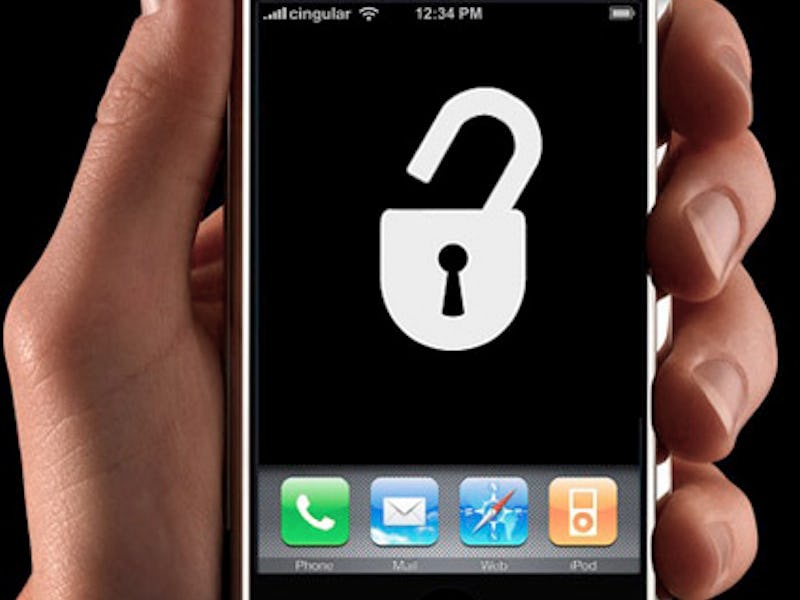FBI Won't Say Whether San Bernardino iPhone Hack Was "Useful"
We are being kept in the dark.

Now that the FBI has officially accessed the iPhone used by one of the shooters in the San Bernardino terrorist attack that killed 14 back in December, the big question is whether the phone had any information that would have justified forcing Apple to hack its encryption technology. For now, the FBI is keeping quiet on whether the hack retrieved “useful” info.
“We’re still working on that, I guess is the answer,” said James A. Baker, the bureau’s general counsel, during a public appearance.
As for whether the public will ever see the phone’s content, Baker was equally vague. “If and when it becomes appropriate to disclose it, we will,” he said.
After Apple’s CEO Tim Cook dug in his heels against the bureau’s federal lawsuit, the law enforcement agency paid an undisclosed amount of money to a firm that demonstrated an alternative hack. Of course, the lack of publicly disclosable information from the phone has not convinced Baker that the whole fight with Apple was for nothing.
“It was worth the fight to make sure that we have turned over every rock that we can with respect to the investigation. We owe it to the victims and the families to make sure that we pursue every logical lead,” he said.
The FBI has not publicly disclosed exactly how it broke into the iPhone, nor has it advised Apple how to fix the vulnerability.
The bar is relatively low for what the FBI would consider useful information, so it may not bode well for the search if the agency cannot say yet whether it turned up anything of any interest.
“If there’s more information in the phone — more contacts, more communications, more of anything — that’s a success for the FBI,” he said.
The FBI did suffer a series of public relations setbacks during the fight with Apple, partially leading to the decision not to fight the battle over the phone in court. So it seems unlikely that Baker would refuse to share the discovery of any information that would justify the bureau’s actions, but there may be valid reasons for not doing so.
The law enforcement agency has already hinted that it will renew its lawsuit in one form or another if it cannot, in the future, uncover a similar liability to the one used in the San Bernardino case. Understanding what the FBI found on the San Bernardino iPhone would undoubtedly end up shaping the debate about any potential future requests to force Apple to break into its encrypted technology.
Silence doesn’t mean either yes or no, but if the FBI had found useful information once it conducted the appropriate investigations as a result, we would probably hear about it. That’s the nature of fights waged in the public eye.